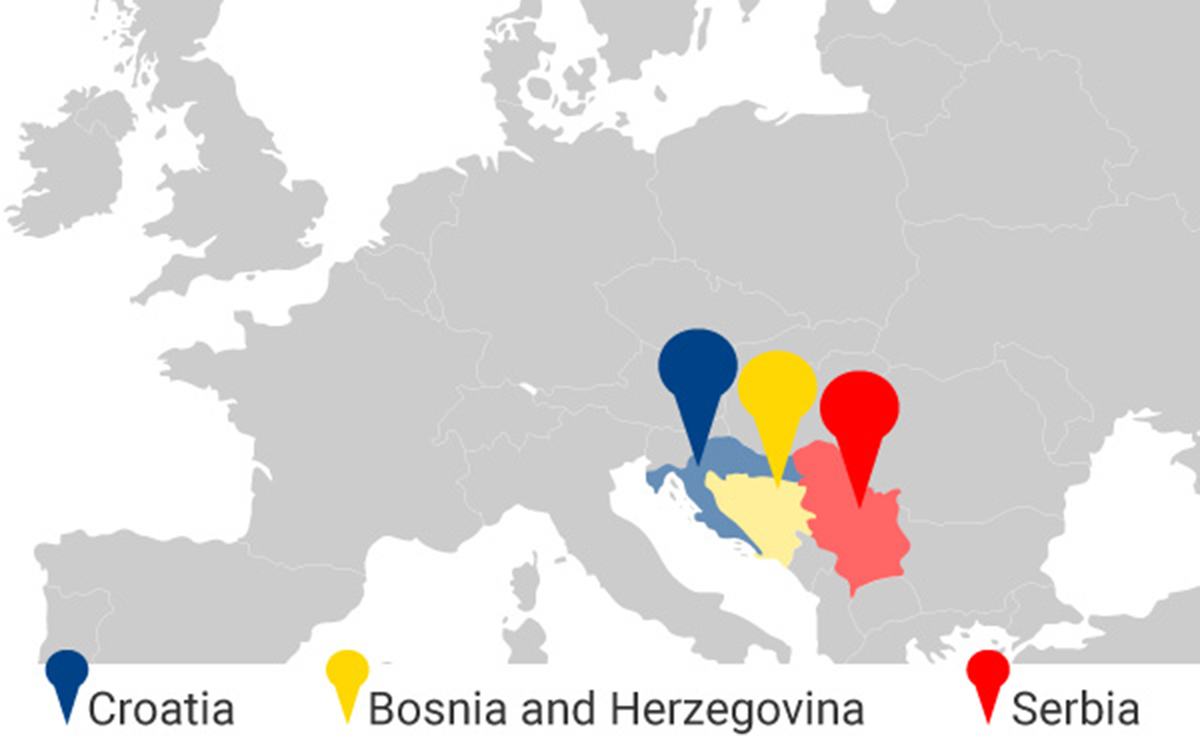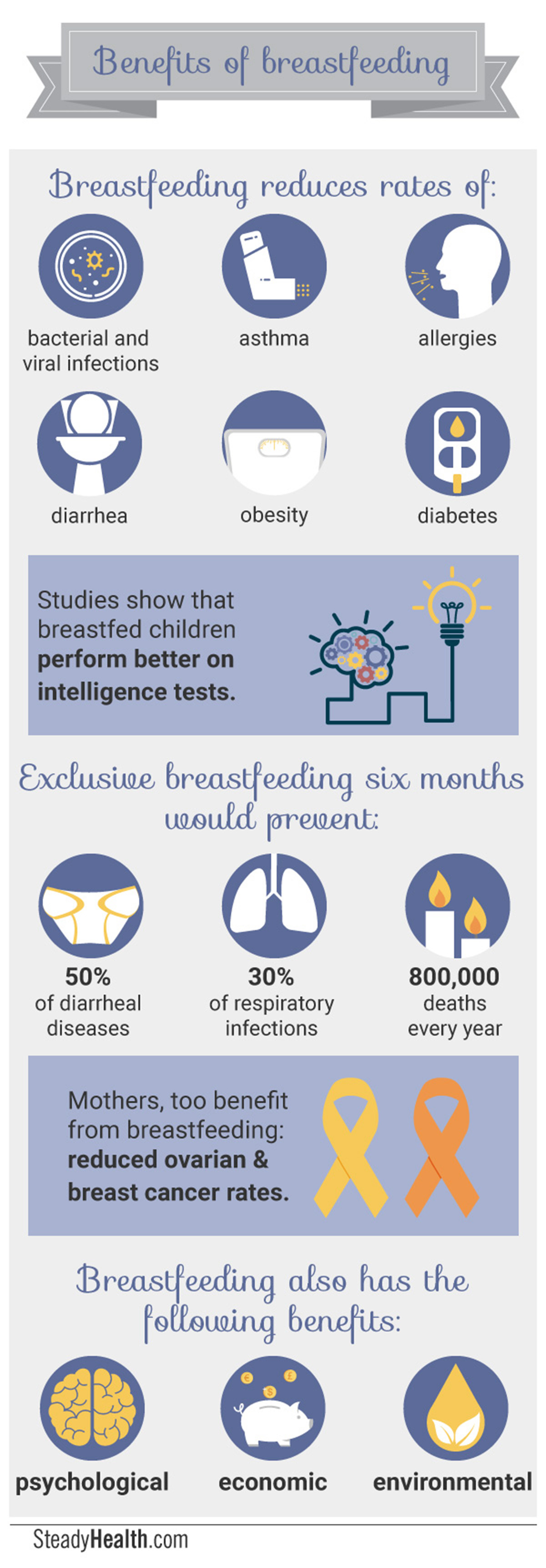Table of Contents
- Western Balkan Moms Eager To Breastfeed, But Thwarted By Corruption And Old Wives' Tales
- Breastfeeding Practices Within Serbia, Bosnia, And Croatia
- Perceived Breastfeeding-Related Healthcare Provider Competence
- Social Attitudes Mothers Serbia, Bosnia, And Croatia Encounter About Breastfeeding
- Mothers’ Beliefs About Breastfeeding
- What Could Be Done To Increase Breastfeeding Rates?
- Western Balkan Breastfeeding Moms Thwarted By Corruption And Old Wives' Tales: Discussion
- Show full content
Once a prosperous if somewhat complicated country, the break-up of Yugoslavia — meaning "nation of Southern Slavs", and located on the Balkan peninsula east of Italy — swept the six new countries that emerged into rough waters. Bosnia and Herzegovina, Serbia and Croatia, in particular, experienced first-hand how messy the disintegration of a society of peoples that should perhaps never have become one nation can be, in the form of a brutal civil war that reignited generations-old ethnic tensions, and economic despair.

Two and a half decades on, these three countries are looking to the future, and there's arguably little that's more future-oriented than having babies. Breastfeeding, research shows time and time again, is more than a mode of infant feeding — it offers life-long health benefits to both babies and their mothers.
SteadyHealth investigated the personal attitudes mothers, their social circles, and their healthcare providers have towards breastfeeding in Serbia, Croatia, and Bosnia and Herzegovina. These countries are all part of the World Health Organizations' European region, the WHO region with the lowest global breastfeeding rates. In the case of Bosnia and Herzegovina, we surveyed the Croat-Bosniak Federation of Bosnia and the predominantly Serbian region of Republika Srpska separately to gain insights into potential differences in attitudes towards breastfeeding within these two administrative entities. The surveys were conducted in October 2016.

READ Got Breast Milk? A Third Of Serbian Mothers Say They Don't, SteadyHealth Survey Finds
Understanding why more mothers don’t breastfeed for longer is the key to improving breastfeeding rates. Pre-existing national data offers insights into breastfeeding rates in this region, but fails to reveal the underlying reasons for which mothers cease breastfeeding prematurely.
READ Nursing The Future: Croatia Regional Breastfeeding Success Story, SteadyHealth Survey Finds
The four surveys focused on large urban centers and the more rural areas directly surrounding them, allowing us to encompass a great variety of socio-economic groups. Serbia and Bosnia and Herzegovina are both classified as Upper Middle Income countries, with Croatia being considered a High Income country, according to the World Bank classification system. Our research was entirely self-funded without any conflicts of interest to declare — our goal as simple as delving deeper into the reasons for which mothers give up on breastfeeding.
- Infographics by SteadyHealth.com
- www.euro.who.int/__data/assets/pdf_file/0017/243323/Serbia-WHO-Country-Profile.pdf?ua=1
- www.euro.who.int/__data/assets/pdf_file/0010/243289/Bosnia-and-Herzegovina-WHO-Country-Profile.pdf?ua=1
- www.euro.who.int/__data/assets/pdf_file/0003/243291/Croatia-WHO-Country-Profile.pdf?ua=1
- www.who.int/mediacentre/news/statements/2011/breastfeeding_20110115/en/
- www.euro.who.int/en/health-topics/disease-prevention/nutrition/news/news/2015/08/who-european-region-has-lowest-global-breastfeeding-rates


Your thoughts on this